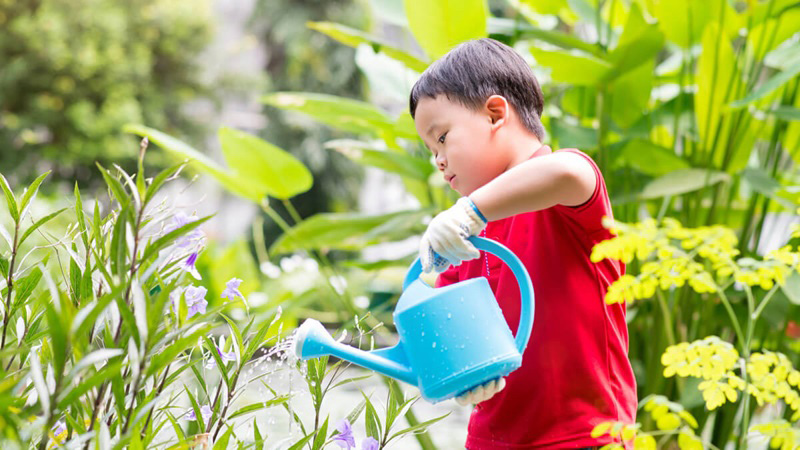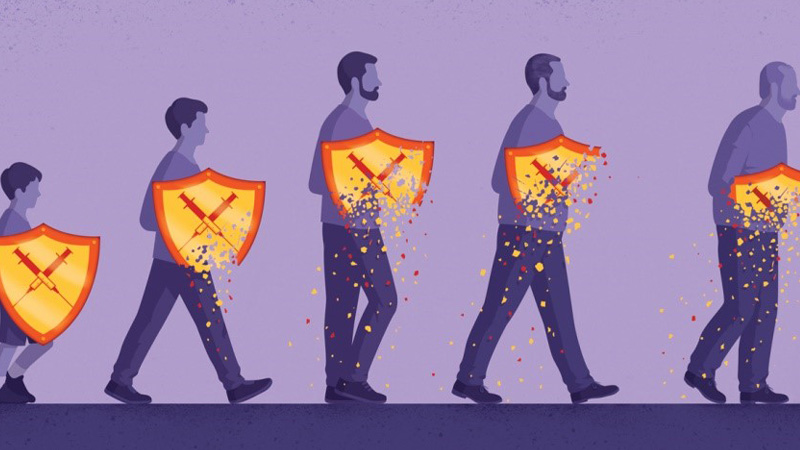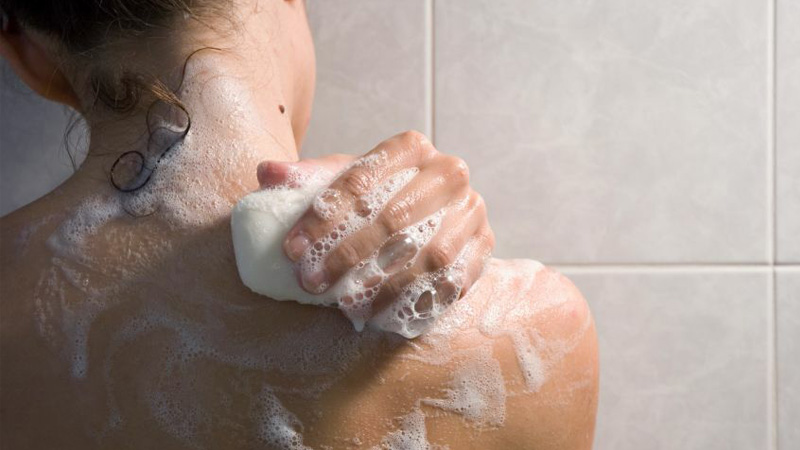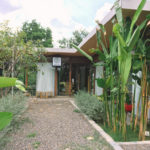Is there any truth to the idea that living a little dirtier, by not obsessively cleaning ourselves or our homes, can lead to a longer life? Well, the answer is not exactly. The concept of “living dirty” in this context is about embracing a more natural lifestyle, interacting with the world around us, and avoiding excessive use of cleaning chemicals and antibiotics.
1 Why Might Living a Little Dirtier Lead to a Longer Life?
It’s a common misconception that all bacteria are harmful. However, Geneticist and Doctor Patrick Gaffney of the Oklahoma Medical Research Organization (OKDF) explains that not all bacteria are bad; many are beneficial to our health.
 Probiotics and bacteria diversity through environmental exposure.
Probiotics and bacteria diversity through environmental exposure.
Our bodies host a diverse ecosystem of 100 trillion cells, including beneficial bacteria and microbes, known as the microbiome. Dr. Gaffney adds that early and frequent exposure to a variety of these microbes helps build a robust immune system, leading to better health in adulthood.
Additionally, Immunologist and Doctor Eliza Chakravarty of the OKDF believes that creating an overly sterile environment for children can weaken their immune systems. She explains that our immune system is designed to protect us, and exposure to a range of bacteria helps it distinguish between harmful and harmless bacteria.
 A robust immune system is key to overall health.
A robust immune system is key to overall health.
On the other hand, if the immune system is inactive, it may lose its ability to differentiate and start attacking harmless substances like pollen or pet dander, leading to overreactions and autoimmune diseases.
Both Doctors Chakravarty and Gaffney emphasize the importance of personal hygiene but suggest that children should be exposed to dirt and germs, such as through gardening or playing with pets, to ensure their immune systems develop and function properly.
 Playing with pets contributes to a well-functioning immune system.
Playing with pets contributes to a well-functioning immune system.
In summary, embracing a “dirtier” lifestyle by interacting with nature, including dirt, plants, animals, and insects, and reducing the use of harsh cleaning products, can boost our physical and mental health and potentially extend our lifespan.
2 How to Maintain Good Health and Boost Your Immune System
 Engage in outdoor activities and connect with nature.
Engage in outdoor activities and connect with nature.
According to ET, simple practices like organizing outdoor activities, visiting gardens or parks, exploring nature, limiting antibiotic use, and learning gardening can boost energy and immunity for both adults and children.
 Focus on hygiene in specific areas rather than using soap all over the body.
Focus on hygiene in specific areas rather than using soap all over the body.
Additionally, FoxNews recommends avoiding excessive use of soap, focusing instead on cleaning areas prone to odor, such as the underarms and groin, as soap can be too harsh and strip away beneficial bacteria that protect against acne and eczema.
While maintaining good hygiene is essential, it’s also important to find a balance and respect the diverse ecosystem within our bodies to promote overall health and well-being.
































